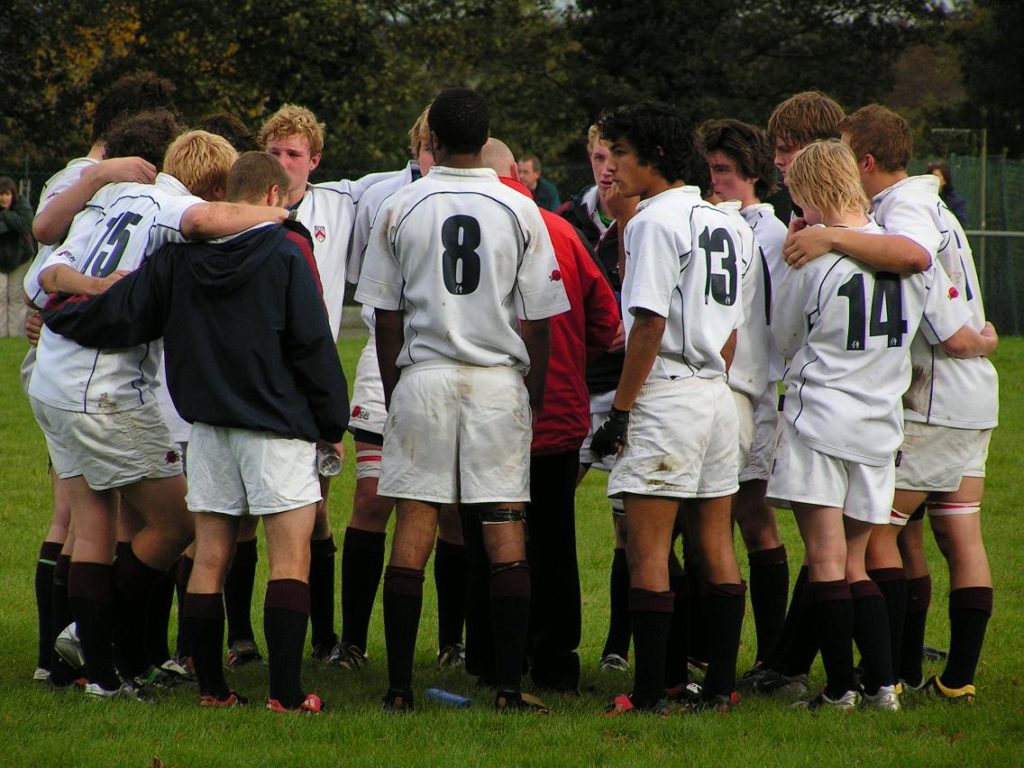How Quests Show The Importance Of Community
“Frodo wouldn’t have gotten far without Sam.”
One of the most touching, truthful lines in the entire Lord of the Rings saga. It’s true Frodo wouldn’t have made it far without Sam, even though he tried to leave everyone behind on the banks of the Anduin.
The reality is, Frodo needed the entire Fellowship. From the start of the quest in the Shire, where his fellow hobbits kept him company, to the final struggle up Mount Doom with Sam at his side, Frodo could never have completed the quest on his own.
Lord of the Rings is one of the most well-known examples of an epic quest, but the idea of a quest, even if not strictly relegated to a journey, is a recurring theme in stories.
- The quest of Vin, Kelsier, and the team to defeat the Lord Ruler in Mistborn
- The quest of Eragon and his friends as they sought to overthrow Galbatorix
- The quest of Luke, Leia, and the rebels in their battle against the Empire
- The quest of the Avengers to defeat Loki
These are all quests of a sort. More importantly, they show the need of community. Of having friends, allies, and companions to offer encouragement and support.
Fantasy quests that take the characters on long treks far from home highlight this reality like glimmering sunbeams in a murky forest. Rarely, if ever, do the main characters forge a path on their own. For a time they may become separated and have no one else to depend on, but for the most part, they act within a larger group.
A team.
A community.

Image courtesy of Luke Walker at FreeImages.com
Some of the most loved books and movies include this sense of community. Harry, Hermione, and Ron. The Pevensie siblings. The aforementioned Fellowship. Bilbo and the thirteen dwarves.
Why is that?
Apart from the obvious answers that a book is more interesting with a cast of characters and that the main character shouldn’t (and couldn’t) complete his goal on his own, it points to the importance of community.
We were created to be part of something bigger than ourselves. To depend on others. To contribute to a larger cause instead of living in self-focused isolation. Stories bring out this truth in a beautiful yet subtle way.
I was recently at an on-site capstone conference as part of a leadership class I’m taking for college, and one of the main impacts on me during those four days was the overwhelming sense of community surrounding me.
That experience got me thinking how important a community is, and how that theme crops up time and again in stories. All this talk of friends is fine, but what does a group of people close to you actually provide? Three things come to mind.
1. Support and Encouragement
I mentioned this before, but it’s worth mentioning again. Where would Frodo have been without the Fellowship, especially Aragorn, Sam, and Gandalf? They kept him going when the road darkened and hope faded. Their words and acts enabled him to go on even in the hardest hour.
In another example, it took a while for the Avengers to start functioning as a team, but when they did, they banded together into an unstoppable force. During the final battle, it was cool to see how far they’d come, as they coordinated and acted a single unit.
2. Guidance
Trying to do life alone is a recipe for disaster, as many a rogue character has discovered. The idea of a community providing guidance is key in many fantasy stories, where the hero, still wet behind the ears and with no idea how to make it in the larger world, suddenly finds himself needing to depend on others. Especially an older guide.
It’s so common that it’s become overused to the point of being akin to taxes. Always there, but seemingly necessary for one reason or another. I think that’s how life works, and the best stories reflect those bits of truth like snowflakes glistening in the sunlight.
3. Strength in Numbers
Together, we can accomplish more than we can if acting alone. That was stressed several times during the conference. This, more than any other example, shows our inherent need for community, and guess what?
You see it everywhere in the world of stories.
Any major quest, triumph, accomplishment, or feat, while it may have ultimately been driven by the hero, is the culmination of a combined effort. A group that worked together to do what individually would have been impossible.
I find it fascinating how stories so effortlessly weave real life truths into their narratives. If we look for the lessons, it’s amazing what we’ll uncover.
My question for you is this:
How does this idea of community impact you, and how can you, like Frodo, find a group who will support, encourage, and guide you through the hardships of life?







































I think as Americans we tend to forget that we’re a individualistic culture and that community is not actually that weird. But I read somewhere that trends are changing in that Millennials have more fragmented communities, i.e. your nerd community vs your job/school community vs your church community. It’s not a bad thing, it’s just different, ’cause historically we’ve been geographically contained to commune with the people who live near us.